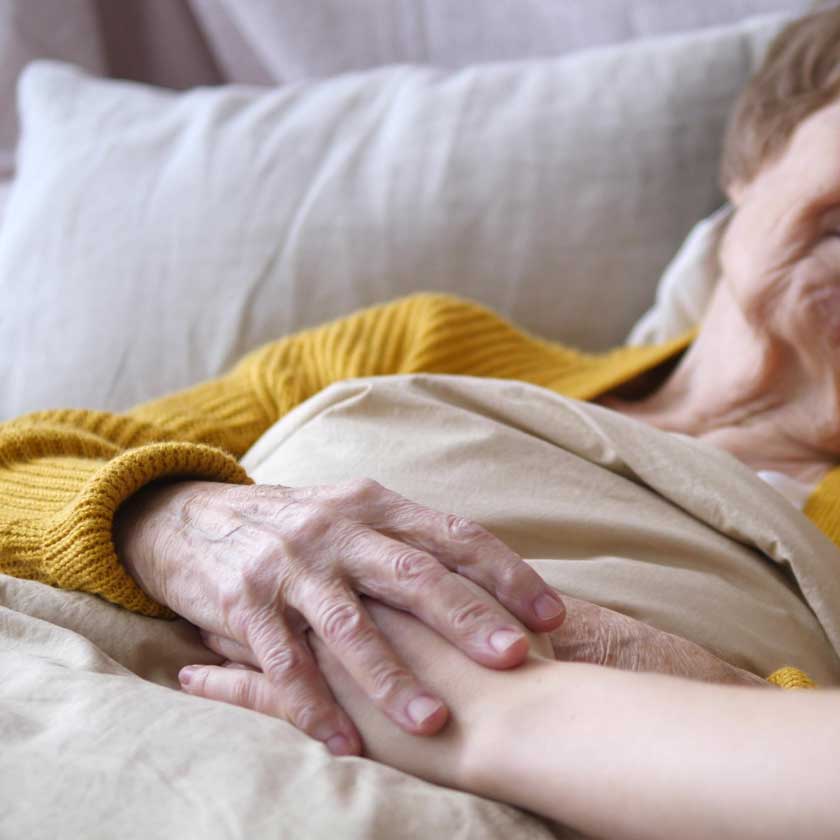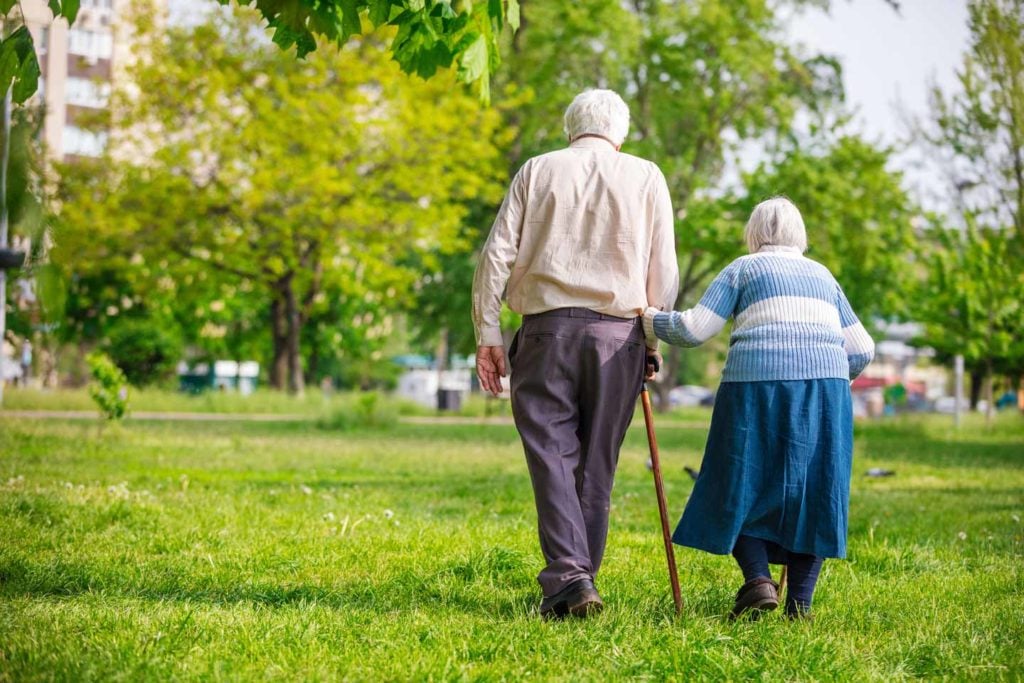Ageism and a lost sense of purpose
There are lots of outdated stereotypes about elderly people, which can lead to isolation and marginalization in a lot of communities. By coming up with innovative ways to involve older people in the community through social events and interaction, we can not only help them to maintain a sense of identity and self-esteem but also tap into the wealth of knowledge and experience they have. We need to recognise the value older people have in helping many of us in our day-to-day lives. The Japanese use the phrase ‘Ikigai’ which means ‘a reason for being’. Can you help give your loved one more purpose in their life, however small that may seem?
Helping older adults get and stay meaningfully engaged is critical for their health and the health of our communities.
Financial insecurity
While we are living longer, unfortunately, the world of employment and retirement has not kept pace. Many elderly people are able and more than willing to work past the standard retirement age, but the opportunities are not there. In addition, managing day-to-day finances and planning for later life can be challenging for older generations as much is now done online or remotely. This can also leave them more vulnerable to fraud and scams. See our advice on Scams and fraud prevention for the elderly. Recently the additional burden of increased energy costs, has left many elderly people worried about how they can afford to heat their homes and stay warm. See our advice on Keeping warm this winter.
Difficulty with everyday tasks and mobility
A person’s mobility and dexterity will naturally decline as they age, which makes completing everyday tasks more difficult. This can gradually cause people to need care for themselves and prevent them from being social, pursuing interests, or taking part in activities they enjoy. More support is needed to enable elderly people not only to live independently but help them stay active with a focus on safety, balance, fitness, and mobility to ensure they can continue to thrive as an individual.
There is a need for products, programs, and services that enable people to maximize their safety, strength, balance, fitness, independence, and mobility as they age. Often having somebody there to motivate you can make all the difference between regularly doing exercises and getting up and about.
Brain Health
There are currently around 900,000 people with dementia in the UK. This is projected to rise to 1.6 million by 2040.
209,600 will develop dementia this year, that’s one every three minutes.
1 in 6 people over the age of 80 have dementia.
70 percent of people in care homes have dementia or severe memory problems.
While there remains no cure for Alzheimer’s disease, better tools and services are needed to increase awareness, develop tools for early prediction and diagnosis, optimize cognitive fitness, slow cognitive decline, and support carers.
‘What I wish people knew about dementia’ by Wendy Mitchell
is a really interesting insight into dementia, which rather than focusing on the biology and clinical scenarios her focus is on the many things that you can still do after a dementia diagnosis. There is first-hand advice and anecdotes about her experience, wit, and wisdom and how it has affected her loved ones.
Finding the right care provision
When complete independence is no longer practical, many elderly people require additional care. Sometimes this care can be provided by family members, but this can place a lot of strain on the caregiver in terms of balancing this with work and other family responsibilities. These caregivers need to be given the training, resources, and emotional support necessary to help them deliver the best care for their loved ones and themselves.
Often it is more appropriate for a professional caregiver to be employed on a regular basis, as a situation deteriorates or the family member feels they can no longer cope. With the right care in place, the elderly person is able to remain in their own home.
End of life preparations
We all need to prepare for the inevitable, but death is often a difficult topic for people to discuss or make plans for. Elderly individuals and their families need support when considering the end-of-life options available, financial implications, and how to ensure that the individual’s wishes are respected.


